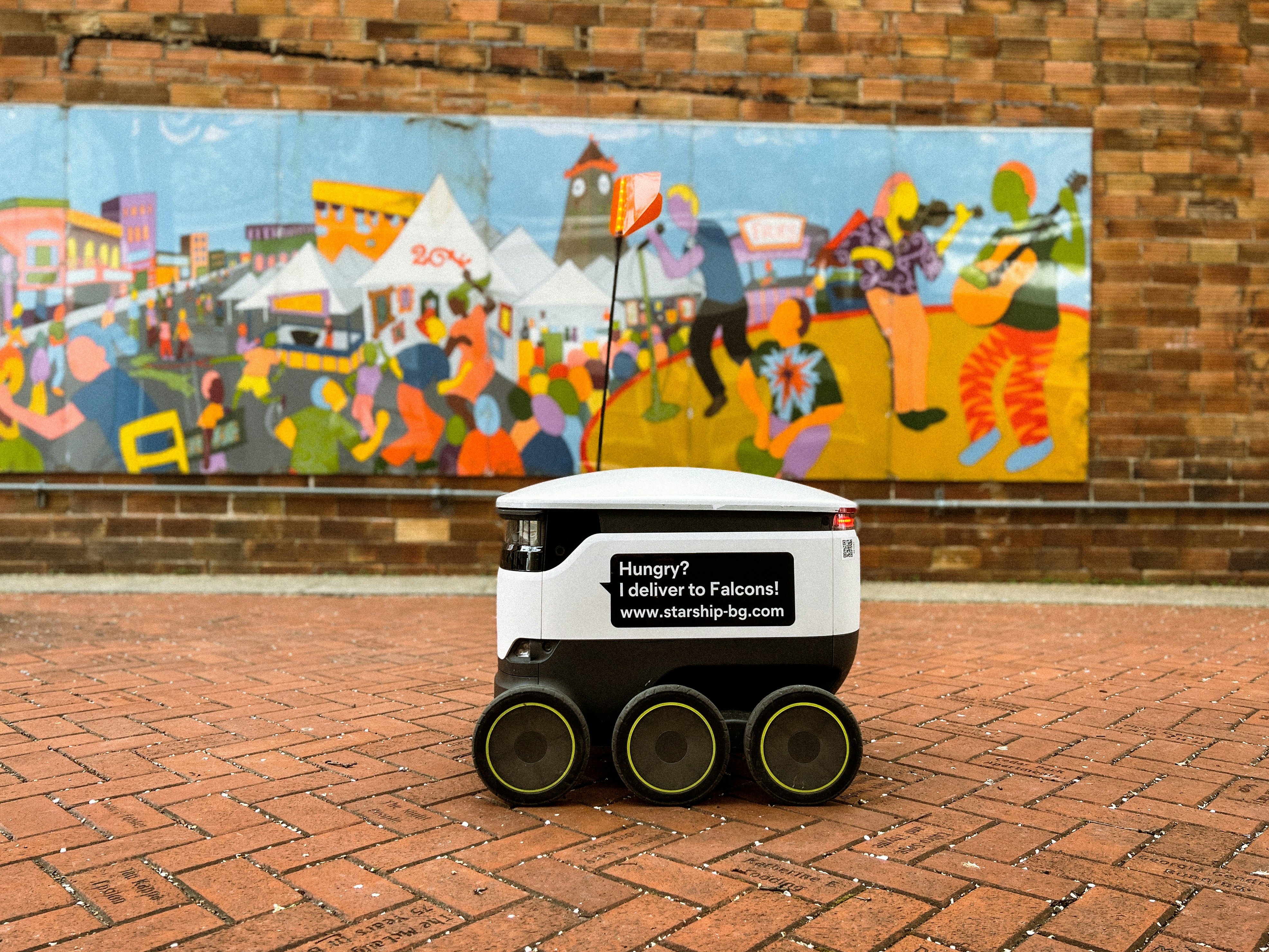The global supply chain landscape is undergoing a profound metamorphosis, driven by technological advancements. This era of unprecedented change makes digital SCM not just a buzzword, but a critical area of strategic focus and intensive academic inquiry. PhD research frontiers are rapidly expanding, pushing the boundaries of what’s possible in optimizing complex networks, enhancing resilience, and fostering sustainable practices. Scholars are at the forefront, exploring how emerging technologies can revolutionize everything from raw material sourcing to last-mile delivery, creating intelligent and autonomous supply ecosystems. This article delves into the exciting avenues PhD candidates are exploring, shaping the future of supply chain management through rigorous research and innovative solutions.
Table of Contents
- The Imperative for Digital Transformation in Supply Chain
- Key Research Frontiers in digital SCM
- Industry 4.0’s Role in Shaping PhD Supply Chain Research
- Challenges and Future Directions for PhD Supply Chain Scholars
The Imperative for Digital Transformation in Supply Chain
The vulnerabilities exposed by recent global events, from pandemics to geopolitical tensions, have underscored the urgent need for more agile, transparent, and resilient supply chains. Traditional, linear models are no longer sufficient to cope with the volatility of modern markets. Digital transformation offers the tools to build these next-generation supply networks, enabling real-time visibility, predictive capabilities, and automated decision-making. This shift isn’t merely about adopting new technologies; it’s a fundamental rethinking of processes, organizational structures, and business models. PhD research plays a vital role in theorizing, testing, and validating these transformative approaches.
Evolution of Digital SCM Paradigms
Historically, supply chain management focused on efficiency and cost reduction. The advent of enterprise resource planning (ERP) systems marked an early digital stride. However, current paradigms extend far beyond, incorporating advanced analytics, artificial intelligence, and interconnected devices. PhD studies often trace this evolution, analyzing the impact of each technological wave and projecting future trajectories. From early e-commerce integrations to today’s fully networked digital twins, the journey of digital SCM is a testament to continuous innovation, with academia providing critical theoretical frameworks and empirical evidence.
Key Research Frontiers in digital SCM
The academic landscape surrounding digital SCM is vibrant, with numerous areas ripe for deep exploration by PhD candidates. These research avenues are pivotal in translating technological potential into practical, impactful supply chain solutions.
Artificial Intelligence and Machine Learning
PhD research in AI/ML for SCM focuses on leveraging algorithms for demand forecasting, inventory optimization, route planning, and risk prediction. Scholars investigate advanced neural networks for pattern recognition in vast datasets, reinforcement learning for autonomous logistics, and natural language processing for supplier communication and contract analysis. The goal is to build intelligent systems that can learn, adapt, and make optimal decisions in complex and dynamic environments.
Blockchain for Transparency and Trust
Blockchain technology offers a decentralized, immutable ledger that can revolutionize supply chain transparency and traceability. PhD research explores its applications in combating counterfeiting, ensuring ethical sourcing, managing product recalls, and streamlining cross-border transactions. Key challenges under investigation include scalability, interoperability between different blockchain platforms, and the regulatory frameworks required for widespread adoption.
IoT and Big Data Analytics
The Internet of Things (IoT) generates colossal amounts of data from sensors embedded in products, vehicles, and warehouses. PhD students are researching how to effectively collect, process, and analyze this ‘big data’ to gain real-time insights into supply chain performance. This includes predictive maintenance of assets, optimizing cold chains, improving warehouse efficiency, and creating responsive logistics networks. Novel analytical models and visualization techniques are central to these investigations.
| Feature | Traditional SCM | Digital SCM |
|---|---|---|
| Visibility | Limited, often reactive | Real-time, end-to-end, proactive |
| Forecasting | Historical data, statistical models | AI/ML, predictive analytics, external factors |
| Decision-Making | Manual, siloed, human-centric | Automated, data-driven, interconnected |
| Responsiveness | Slow, rigid | Agile, adaptive, resilient |
| Cost Control | Primarily labor and inventory | Optimized processes, reduced waste, predictive maintenance |
Industry 4.0’s Role in Shaping PhD Supply Chain Research
Industry 4.0, characterized by the convergence of cyber-physical systems, IoT, and cloud computing, provides the overarching framework for much of the current PhD supply chain research. It emphasizes intelligent factories, smart logistics, and fully integrated value chains. PhD scholars are examining how these Industry 4.0 principles can be applied to create self-organizing supply networks, where components and products can communicate autonomously. This includes research into digital twins for supply chain simulation, additive manufacturing (3D printing) for localized production, and collaborative robotics in logistics. The interplay between technology and human factors within these advanced ecosystems is also a significant area of inquiry for PhD candidates. For more insights on the broader industrial shifts, you might find valuable information from World Economic Forum’s Industry 4.0 initiatives. This transformation extends beyond manufacturing, impacting every facet of global trade and resource allocation, highlighting the need for continuous learning and adaptation, often detailed in articles like our own on the future of logistics.
Challenges and Future Directions for PhD Supply Chain Scholars
While the potential of digital transformation in SCM is immense, PhD research also grapples with significant challenges. These include data privacy and security, the ethical implications of AI-driven decisions, the digital divide across different regions, and the socio-economic impact on the workforce. Future directions for PhD scholars will likely include developing more robust ethical AI frameworks, creating resilient and sustainable “green” supply chains powered by digital tools, and exploring decentralized autonomous organizations (DAOs) for supply chain governance. The integration of quantum computing and advanced material science into SCM models also represents an exciting, nascent frontier.
Ethical Considerations and Sustainability
A critical area of PhD investigation is how to ensure that digital SCM advancements align with ethical principles and sustainability goals. This involves researching fair labor practices, minimizing environmental impact through optimized routes and reduced waste, and ensuring transparency in carbon footprint tracking. The challenge lies in balancing efficiency gains with social and environmental responsibilities, making it a rich field for interdisciplinary PhD work.
PhD research is undeniably at the vanguard of innovation in digital SCM. By rigorously investigating new technologies and their applications, academic scholars are not only deepening our theoretical understanding but also providing the foundational knowledge necessary for businesses and governments to navigate the complexities of modern supply chains. The breakthroughs emerging from these research frontiers promise a future where supply chains are not just efficient and resilient, but also intelligent, ethical, and sustainable, fundamentally reshaping global commerce for decades to come.


